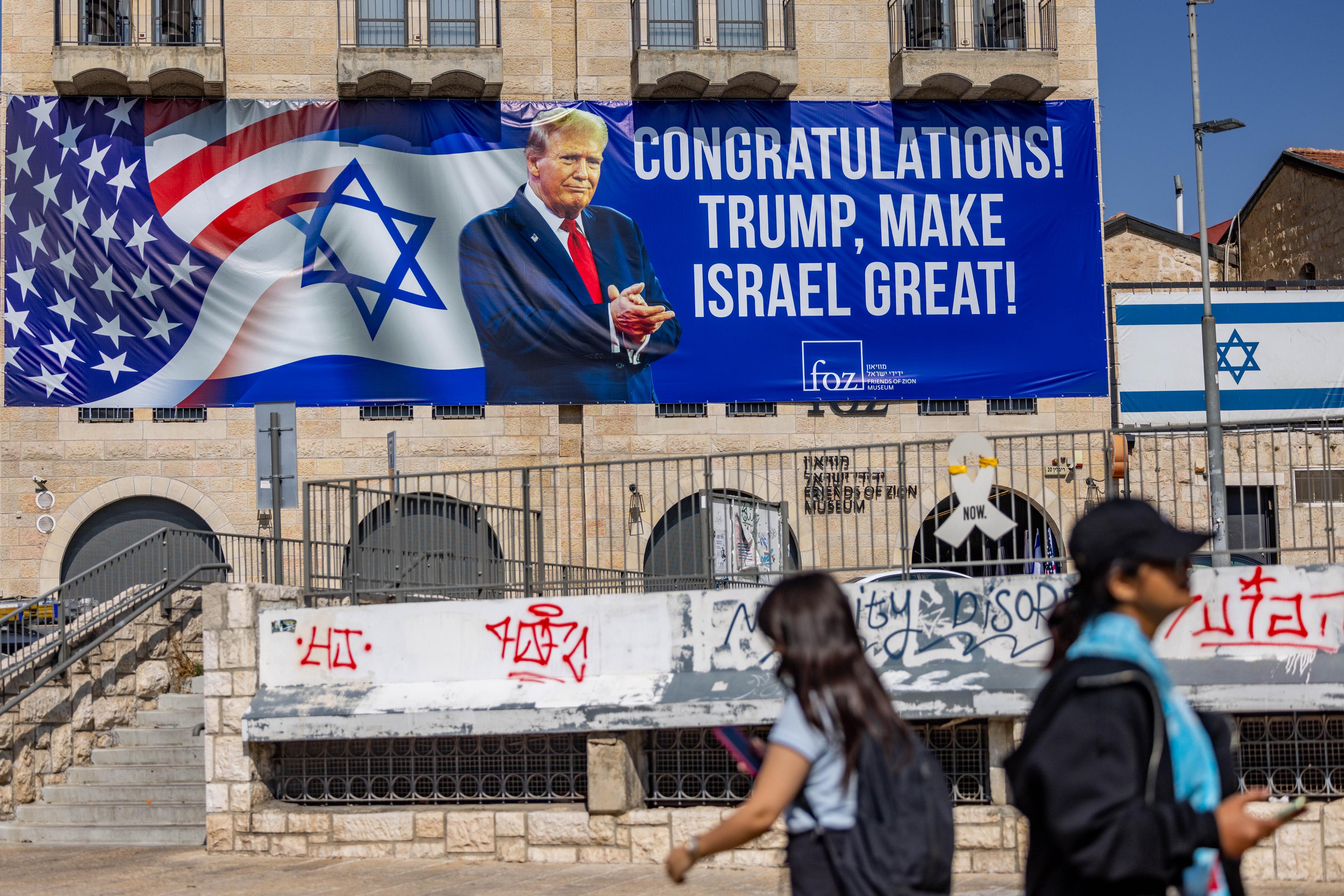PEACE AT LAST?
How (and Why) Donald Trump Strong-Armed His Way to Historic Gaza Deal
Like a storm rolling in from the Mediterranean, Donald Trump swept back into Middle Eastern diplomacy and forced through a historic Gaza ceasefire that stunned Israel's hawks, even as the former president's eyes remained fixed on bigger prizes - a Nobel Peace medal that could finally match Obama's, and a grander vision of extending his Abraham Accords into the gilded palaces of Saudi Arabia.

In a stunning diplomatic coup that has left the Middle East reeling, Donald Trump has achieved what many thought impossible - forcing through a Gaza ceasefire that marks the end of 466 blood-soaked days of war.
The deal comes at a pivotal moment, as Trump returns triumphantly to the White House, brushing aside resistance from hardliners in Israel to stamp his authority on the region once again. His prize is not just peace, but the tantalizing prospect of a Nobel Peace Prize and the chance to dramatically reshape Middle Eastern alliances.
The road to peace was paved with the bodies of the October 7 massacre, when Hamas fighters slaughtered over 1,000 Israelis and kidnapped hundreds more in the deadliest day in Israel's history. The shocking attack exposed catastrophic failures in Israel's security apparatus and left the nation crying out for vengeance.
"We will take back Gaza and we will kill them all," one shell-shocked policeman declared in the bloody aftermath of the Nova music festival massacre. But vengeance, as Trump recognized, comes at a price.
While Israel mourned its 405 fallen soldiers and struggled with deep internal divisions between Netanyahu's government, the military establishment, and families of hostages, Trump saw an opportunity. With his trademark blend of brute force diplomacy and strategic vision, he moved to exploit a dramatic shift in regional power dynamics.
Gone are the days when Israel was America's lone ally in a hostile region. Today, the Gulf states wield enormous influence - and they made it crystal clear to Netanyahu: rein in the war, or watch them drift toward the waiting arms of China, Russia and Iran.
The timing could not have been more perfect. Iran's vaunted "axis of resistance" lies in tatters - Hezbollah bloodied in Lebanon, Assad's regime collapsed in Syria, Tehran's dreams of regional dominance evaporating like smoke over Gaza City. Even Iran's hardline leaders are now making conciliatory gestures toward the incoming Trump administration.
For Trump, the deal represents more than just his first triumph of his second presidency. It's a chance to expand his signature Abraham Accords, bringing Saudi Arabia into his grand vision of Middle East peace. And perhaps, finally, that coveted Nobel Prize will be within his grasp.
The guns may be falling silent, but Trump's forceful deal-making has sent shock waves across the region that will be felt for years to come. As Netanyahu grapples with domestic opposition to the deal, one thing is clear - the master of the "Art of the Deal" is back, and the Middle East will never be the same.
In forcing through this historic agreement, Trump has shown that sometimes peace must be imposed by sheer force of will - even on America's closest allies.
As the dust settles over Gaza, the world holds its breath to see what other diplomatic coups this most unconventional of peacemakers might achieve in his second term.
The Telegraph contributed to this article.